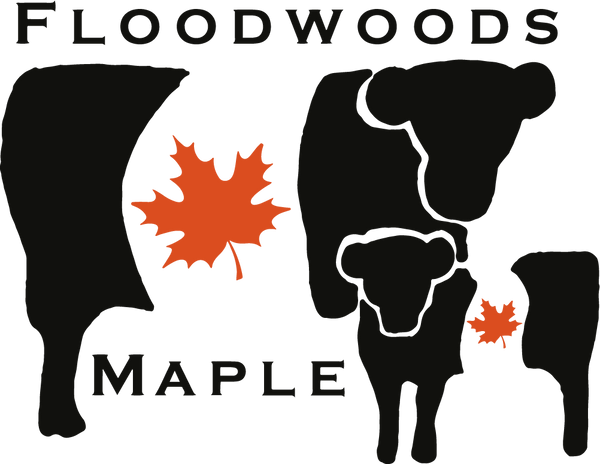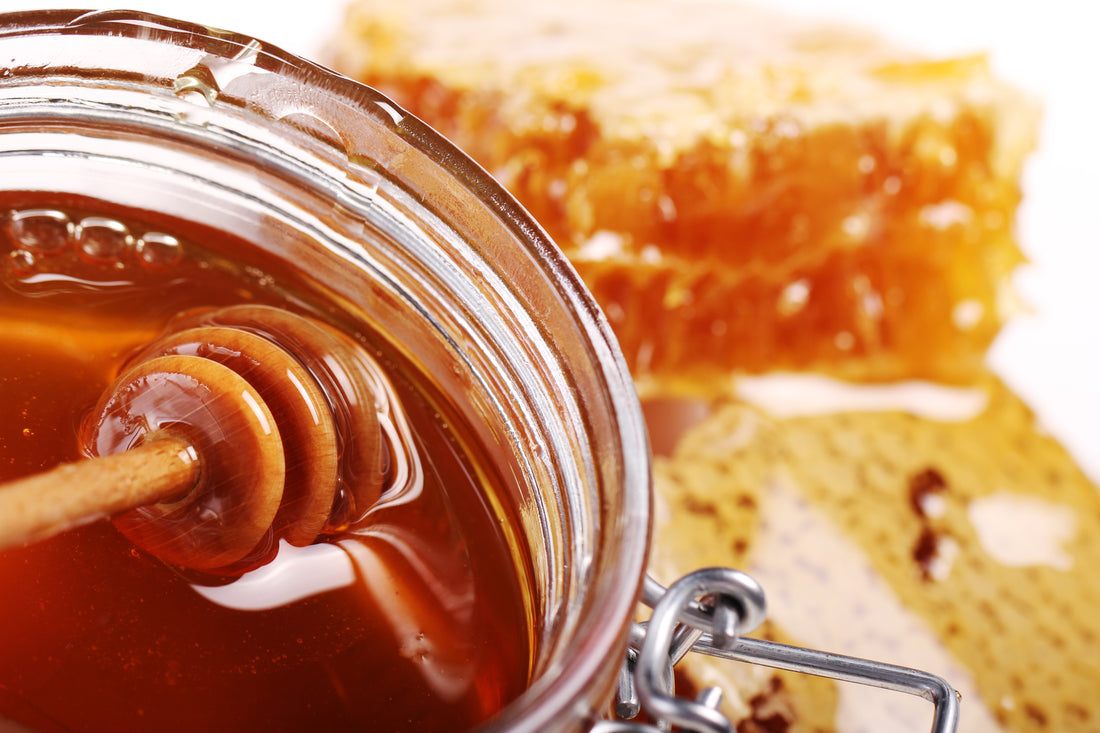Maple syrup can be a versatile and delicious addition to a variety of dietary lifestyles, including vegan, gluten-free, and paleo diets. Here's how maple syrup fits into each of these dietary choices:
- Vegan Diet:
- Vegan-Friendly: Maple syrup is entirely plant-based and suitable for a vegan diet. It is derived from the sap of maple trees and undergoes minimal processing, making it a natural sweetener.
- Alternative to Honey: Vegans often use maple syrup as a substitute for honey in recipes, as it provides a similar sweetening effect without the use of animal products.
- Vegan Baking: Maple syrup can be used in vegan baking to sweeten cookies, cakes, muffins, and other treats. It's also used in vegan pancake and waffle recipes.
- Gluten-Free Diet:
- Naturally Gluten-Free: Maple syrup is naturally gluten-free, making it a safe sweetener for those with celiac disease or gluten sensitivity.
- Gluten-Free Baking: It's a popular choice in gluten-free baking to replace refined sugars and provide sweetness and moisture to gluten-free recipes.
- Maple Syrup Candies: Homemade maple syrup candies, which are essentially boiled maple syrup, are also gluten-free and make for a delightful treat.
- Paleo Diet:
- Paleo-Friendly Sweetener: Maple syrup is considered paleo-friendly in moderation. While it is a source of natural sugars, it's less processed than refined sugars and is free of additives.
- Moderation: Individuals following a strict paleo diet should use maple syrup sparingly due to its carbohydrate content. It can be used in recipes for paleo-friendly desserts, marinades, and glazes.
- Quality Matters: For those on a paleo diet, choosing high-quality, pure maple syrup without additives or preservatives is essential.
- Low-FODMAP Diet:
- Moderation Required: Maple syrup contains natural sugars, primarily in the form of sucrose, which can be high in fructose. Therefore, individuals following a low-FODMAP diet should consume maple syrup in moderation to avoid excess fructose intake.
- Monitor Serving Sizes: Small amounts of maple syrup used as a sweetener in recipes or drizzled over dishes are less likely to trigger symptoms in individuals with irritable bowel syndrome (IBS) or other gastrointestinal issues.
- Ketogenic Diet:
- Limited Use: Maple syrup is relatively high in carbohydrates, primarily in the form of sugars. It is not typically recommended for those following a strict ketogenic diet, which requires very low carbohydrate intake.
- Moderate Consumption: Some individuals following a less restrictive low-carb diet may occasionally use small amounts of maple syrup as long as it fits within their daily carbohydrate allowance.
In summary, maple syrup can be incorporated into various dietary lifestyles, including vegan, gluten-free, and paleo diets, with consideration for moderation and portion control. When used mindfully, it adds natural sweetness and flavor to recipes while aligning with these dietary choices. Always check product labels to ensure you are getting pure maple syrup without added ingredients or allergens if you have specific dietary restrictions or preferences.

